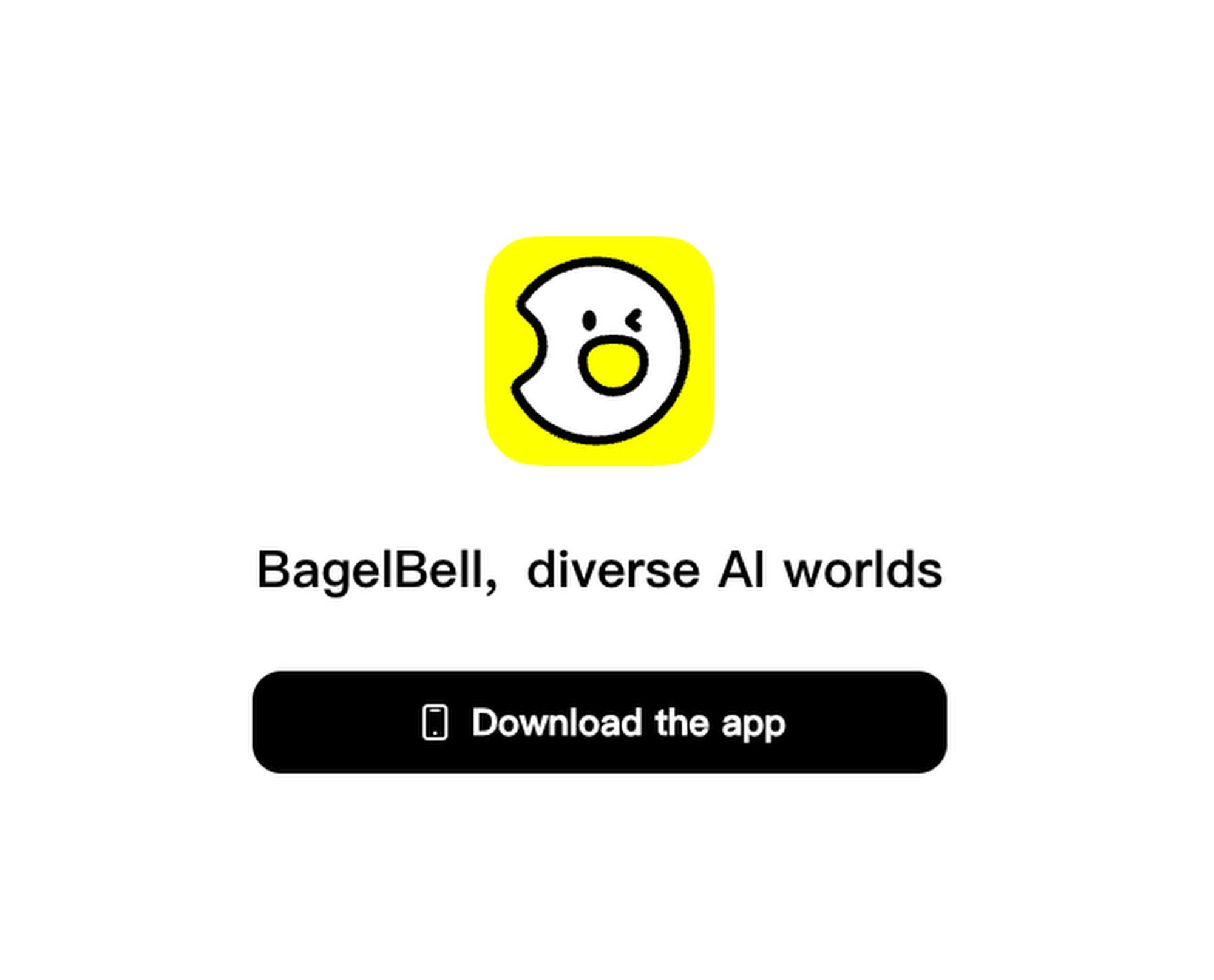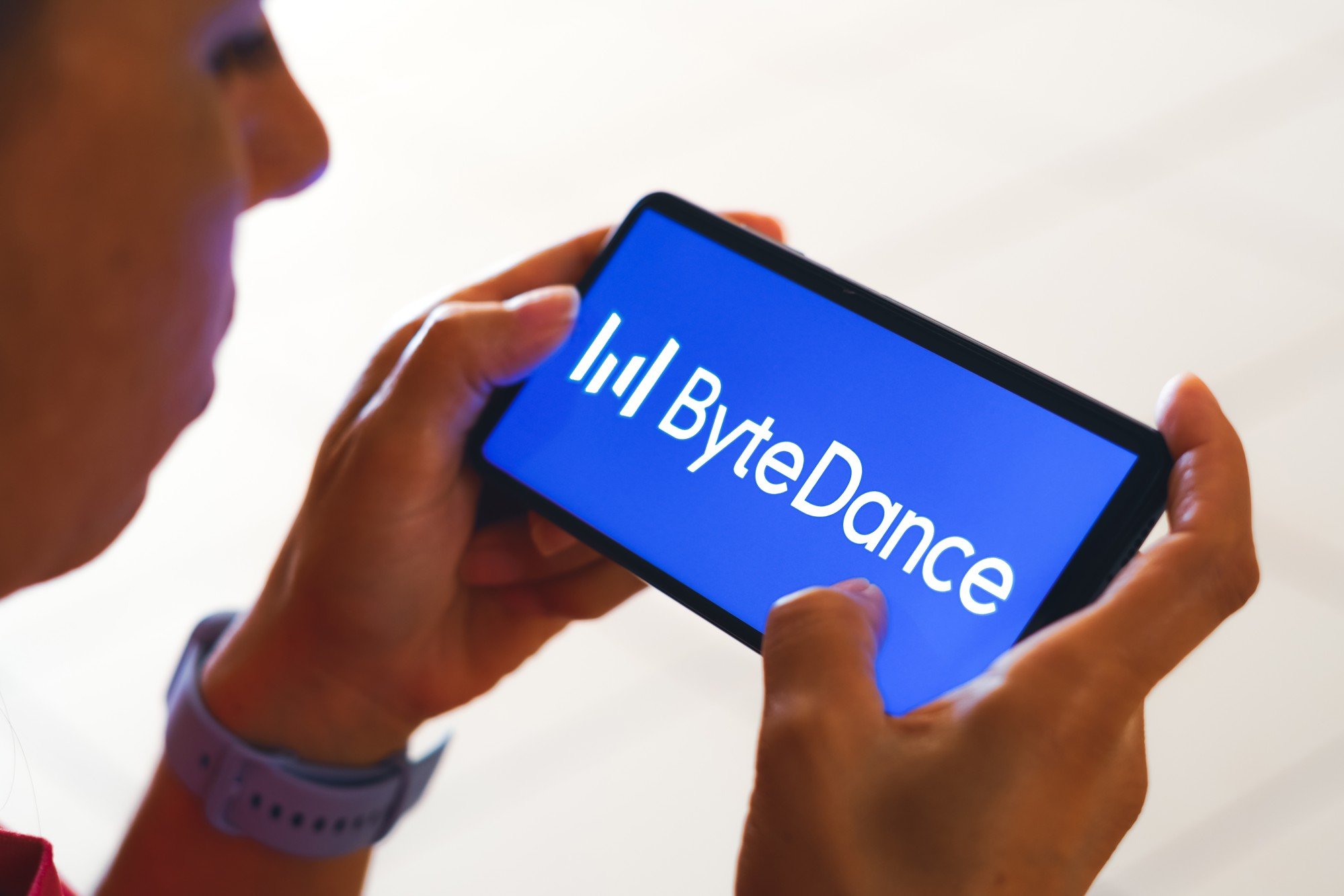ByteDance’s website listed more than 320 GenAI-related job openings as of Tuesday, up from 307 vacancies posted a month earlier. A specific search for jobs in AI large language models returned 130 available positions, compared to 107 found in February. — SCMP
Social media giant ByteDance, owner of popular short video apps TikTok and Douyin, is accelerating efforts in generative artificial intelligence (GenAI) via increased talent recruitment and release of new tools in a field where OpenAI’s ChatGPT and Sora are the technology’s benchmarks.
Beijing-based ByteDance’s website listed more than 320 GenAI-related job openings as of Tuesday, up from 307 vacancies posted a month earlier, according to a search conducted by the South China Morning Post.
A specific search for jobs in the development of large language models (LLMs) – the technology used to train ChatGPT and similar GenAI services – returned 130 available positions, compared to 107 found in February.
The tech unicorn’s so-called Flow department has already poached AI talent from Baidu’s Ernie Bot development team and Alibaba Group Holding’s cloud unit, according to a report on Monday by news portal Sina, which cited an unnamed ByteDance employee. Alibaba owns the Post.

The pace of work at the Flow department – established last year within ByteDance’s product development and engineering operation – has become so intense that its employees have tacitly agreed to work on Saturdays and occasionally do overtime on Sundays, according to the Sina report.
ByteDance unit Beijing Chuntian Zhiyun Technology two weeks ago introduced GenAI app Hualu, the Chinese version of BagelBell that was released in December for overseas markets. Both apps enable users to create virtual characters and interact with them in real time through various stories set in different universes.
ByteDance did not immediately respond to a request for comment on Tuesday.
The latest initiatives by privately held ByteDance show its determination to quickly catch up with recent GenAI advances, months after chief executive Liang Rubo berated employees in an internal meeting for lacking a sense of crisis and reacting too slowly to ChatGPT’s rise.

Liang – co-founder of ByteDance who took over as chief executive when fellow founder Zhang Yiming stepped down in 2021 – has moved to strengthen the company’s recruitment of AI talent, enhance its organisational structure and improve fundamental research, the Post reported last month.
The company recently hired Jiang Lu, who was a key contributor to Google’s VideoPoet LLM that was unveiled late last year, in an apparent bid to make up lost ground after OpenAI launched its innovative text-to-video-generator Sora.
Before BagelBell and Hualu, ByteDance had already launched several AI products, including chatbots Doubao and Cici, as well as application development platform Coze. So far, none of these have become even close to becoming as popular as the firm’s flagship short video apps.
ByteDance’s AI-powered content recommendation system, which feeds personalised content to users of TikTok, Douyin and news aggregator Jinri Toutiao, has long been regarded in the industry as a very successful AI use case. – South China Morning Post





